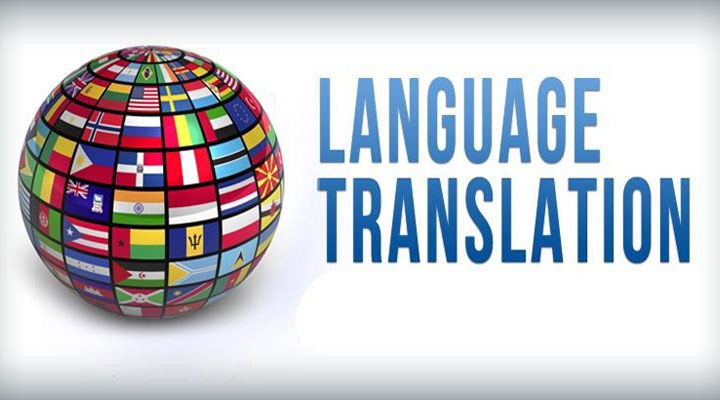At times, inadvertently the poor translation aspects can create a blot on the image of the leaders. For many people, translation may come out as a very easy task. But, in actuality, it is not so.
The basic definition of translation is — the process of transferring text from one language into another. A translator should not undertake the work of translation without having sufficient knowledge on the language from which it is translated — and the language into which it is translated. We can have much number of good examples of what happens if the translation is done without having adequate knowledge of the phrases and idioms, specific to one language. Surely, the blame could not be bestowed upon the translator, for most of the times the translator is not a native speaker of the language.
We can have much number of good examples of what happens if the translation is done without having adequate knowledge of the phrases and idioms, specific to one language. Surely, the blame could not be bestowed upon the translator, for most of the times the translator is not a native speaker of the language.
In this milieu, I would like to refer to one of the Humphrey Davies rules of translation, which states, “Consult the author about everything you don’t understand, and if s/he’s not alive, consult another native speaker who reads widely and intelligently”. The translators whosoever undertake the task probably translate of their own with the basic knowledge they have, or else, if at all they consult someone, they might have consulted people and sought the meaning, without bothering to explain the context in which they were seeking the information. I see no other probability behind such great slip-ups, which ultimately lead to the tarnishing of the image of the situation or a person.
The translators whosoever undertake the task probably translate of their own with the basic knowledge they have, or else, if at all they consult someone, they might have consulted people and sought the meaning, without bothering to explain the context in which they were seeking the information. I see no other probability behind such great slip-ups, which ultimately lead to the tarnishing of the image of the situation or a person.
In order to justify my argument that translation misunderstandings can blemish leadership image, I would like to refer to the idiom “Pain in the neck” in the English language as an example. If an educated and intelligent person is asked about the same, he would swiftly say that it means “irritation” or “annoyance”, whereas, there is a definite probability that it can be misinterpreted as the neck pain by the general public. Is it not so? While explaining to my students about the importance of understanding the phrases and idioms of the languages, I used to emphasize the importance of understanding phrases and idioms properly. Such mistakes are sure to happen for obvious reasons. In one of the debates held in a national news channel, what a political party leader has uttered has become a point of debate, just for the reason that the spoken words of the leader in his own dialect have been truly translated into the national language — which otherwise carried the meaning of his intentions. But it has led to a very long debate. In this case, I saw no other reason behind the debate other than the misconstrued translation sides. Any sharp and educated person with command over native dialect could have interpreted it otherwise while undertaking the translation, but surely not the way it was understood.
While explaining to my students about the importance of understanding the phrases and idioms of the languages, I used to emphasize the importance of understanding phrases and idioms properly. Such mistakes are sure to happen for obvious reasons. In one of the debates held in a national news channel, what a political party leader has uttered has become a point of debate, just for the reason that the spoken words of the leader in his own dialect have been truly translated into the national language — which otherwise carried the meaning of his intentions. But it has led to a very long debate. In this case, I saw no other reason behind the debate other than the misconstrued translation sides. Any sharp and educated person with command over native dialect could have interpreted it otherwise while undertaking the translation, but surely not the way it was understood.
Let it be a translator or a journo or any individual for that matter, it should be realized that translation is not a simple task as thought by many since there are always hitches in the job. There is a definite need to understand the context and cultural aspects native to the region, before any such practice!
-Dr. Suman Kumar Kasturi













